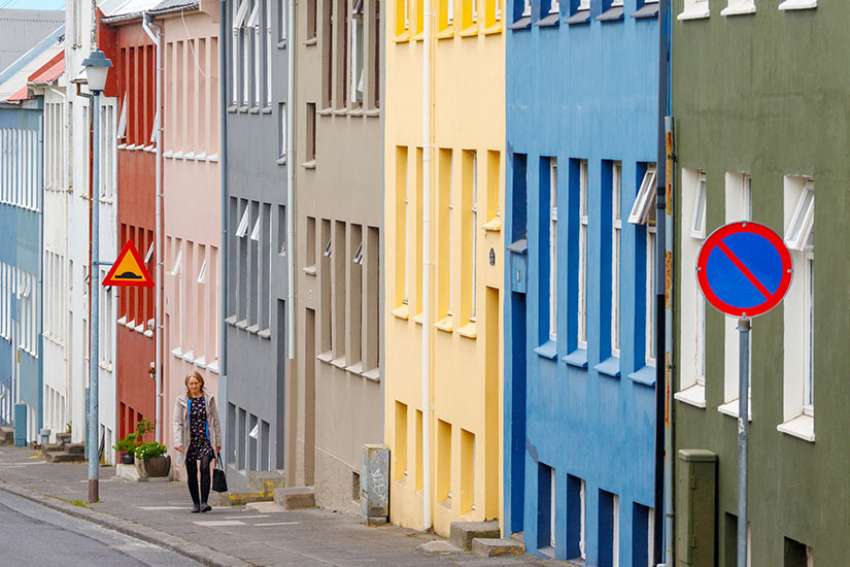The deaths of these pre-born babies is chilling and tragic. But surprising? Hardly. Did society really not see this coming?
How many times must it be repeated that abuses of this type are an inevitable outcome when societies diminish or abandon fundamental respect for the sanctity of life, whether that is a life just starting out or, as we’re learning with euthanasia, a life nearing its end.
In Iceland, all expectant mothers must be informed of a right to undergo screening to determine if the child in their womb has a chromosome abnormality that indicates Down syndrome. About 85 per cent of women undergo the test and, if the result is positive, about 98 per cent of them opt for abortion. That leaves two or three Down births each year.
It’s important to make the distinction that the small island nation has not eliminated Down syndrome. This is not some Nobel-like breakthrough that reverses the developmental disability common to people with Down syndrome. No one is talking about medical advances to improve the quality of life for Down people. The Icelandic solution is much more basic: eliminate Down babies before they are born.
But Iceland is hardly alone. This abhorrent practice has become common. Across Europe, the abortion rate of Down pre-born babies is estimated to be about 90 per cent. It’s about 67 per cent in the United Sates. There is no public data for Canada but it’s reasonable to assume that an abortion-on-demand country, where sex-selection abortion is permitted, would have similar rates.
Society has made tremendous strides in promoting equality, dignity and respect for people with disabilities. It champions diversity in a similar way, whether that be diversity of language, culture, religion or race, or protection of environmental diversity. But those mindsets are absent when it comes to this shameful, deliberate campaign to make Down people extinct.
About 45,000 Canadians have Down syndrome, according to the Canadian Down Syndrome Society. A large number of them are educated, employed, married and contributing members of society. With some support and encouragement many live full, happy, loving lives and comprise a vibrant component of our diverse communities.
To suggest that because Down people need support, or they look and act a bit different, they are unworthy or unwanted, is a sad commentary on 21st-century values. A mature society, a decent society, not only protects its most vulnerable but warmly embraces them as integral components of our human diversity. It doesn’t enact policies to ensure these people are never born.


